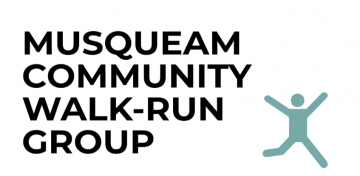
Kin 489B is a fascinating course because of its blended learning format. Students are encouraged to apply the theoretical knowledge learned in class to real-world issues facing Indigenous communities in the form of experiential learning placements. Within these placements, students gain a greater understanding of the complexities of healthy living within Indigenous communities. Effective partnership with Indigenous community leaders is integral to a successful experiential learning placement and is a key learning outcome for the course. Furthermore, identifying and developing evidence-based best practices for healthy lifestyle interventions within Indigenous communities, as well as demonstrating problem-solving and critical thinking skills in an appropriate and collaborative group setting are other notable learning outcomes for the course.
Participating in community experiential learning was undoubtedly a new undertaking for many members of the group; however, we were all extremely pleased with the entire volunteer experience. Our volunteer student team requested to work with the. On the first day after being introduced to the Indigenous community, we began our project with a goal to advertise our walk and run group by handing out informative flyers. In doing so, we had the opportunity to interact with many members of the community and gain initial insights into community aspirations for the ‘walk-run’ group. We conversed with community members about perspectives of Indigenous health and wellness, as well as being educated on local Indigenous culture and traditions. For instance, our group met with one particular individual who took the time to explain the historical and cultural context behind the various house posts that we saw when arriving at the Musqueam Indian Band community.
The ‘walk and run’ training days were equally pleasant to partake in on the traditional and unceded territory of the Musqueam community. With each session, our team chose to pair up with a new participant in order to share our connection within the community. Some extremely meaningful conversations arose from simply walking alongside these participants, as many were willing to share certain concerns that may have been inhibiting their ability to walk or run on a regular basis.
As UBC Kinesiology students, we tried our best to make suggestions if requested. However, many of the community participants had already been working with health professionals. As such, our volunteer student team chose to incorporate a strengths-based approach, where we instead opted to focus on the physical activity successes of each participant. Current Western physical activity guidelines are neither culturally relevant nor safe for Indigenous communities. Seeing as historical, cultural, and traditional ways of knowing are valued in Indigenous communities, a strengths-based approach can incorporate these aforementioned factors to promote culturally relevant and safe physical activity for Indigenous communities.
The strengths-based strategy was also incorporated into our warm-up and cool-down routines. This was done as our goal was to create a fun routine that worked as a way for everyone to start moving, feel comfortable, and finally wind down to re-enforce the positive experience of being physically active. In order to accomplish this, our team focused on movements that the participants were able to execute rather than having exercises that were problematic. Our team was well-equipped to provide alternative warm-up and cool-down routines to evade the possibility of re-aggravating prior injuries or aches.
On the rare occasion when participants were unable to attend our walk and run training sessions, our team still made sure to walk around the neighbourhood to continue to foster a sense of community amongst our walk and run group. Our team saw first-hand how important building a sense of community was, as many of our regular participants would bring their friends and colleagues for a quick exercise session. Our lessons in Kin 489B had provided us with an understanding of the importance of fostering community relations, and this became an integral part of the success of our community-based walk-run group.
~ Nima Elmi (BKin 2020)
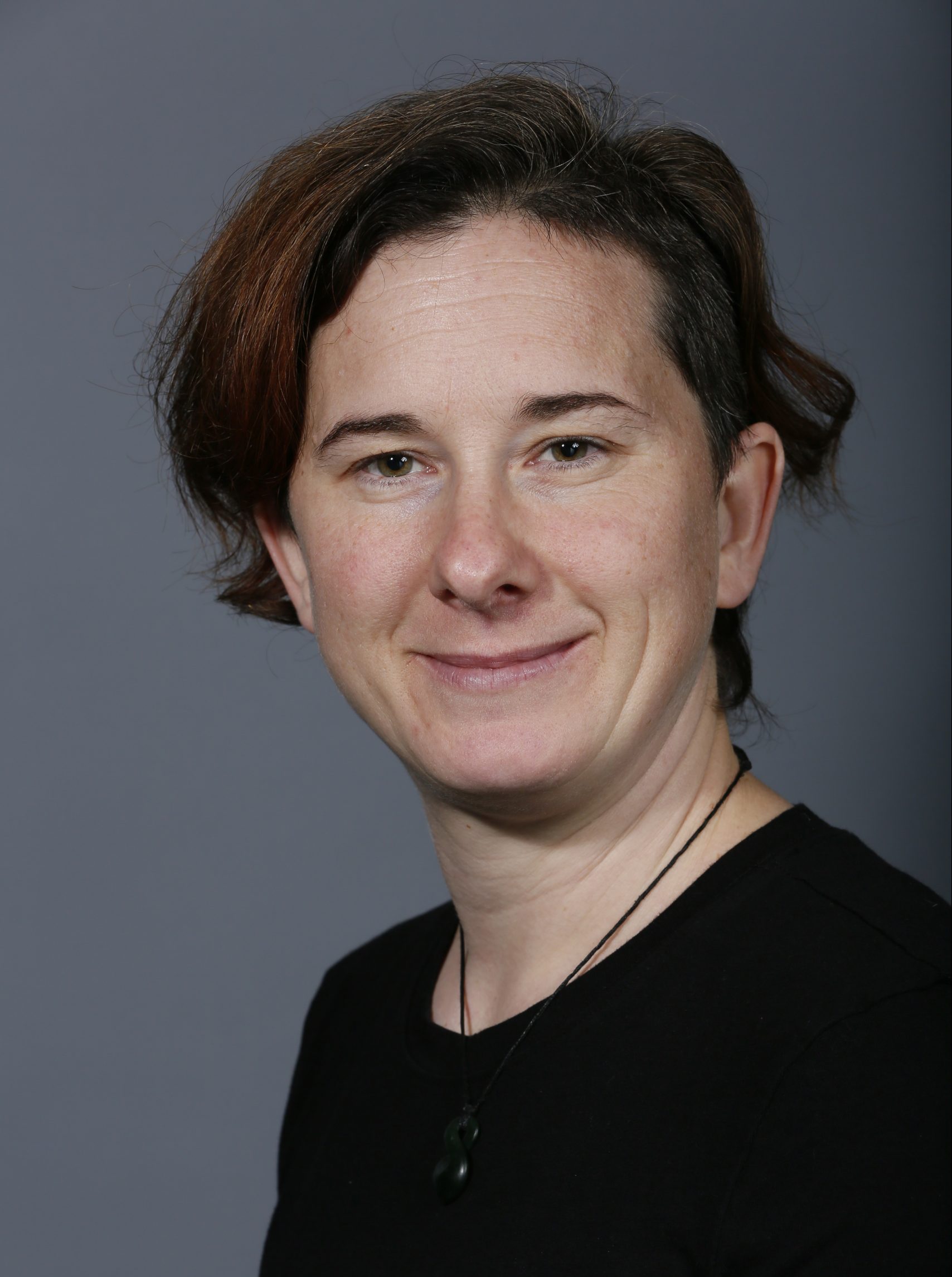




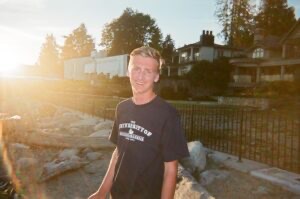

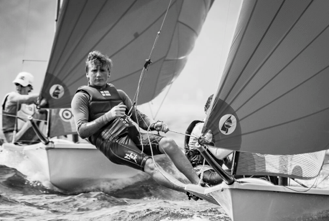

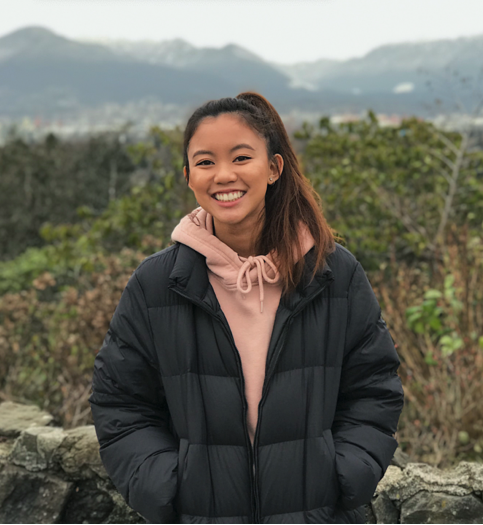
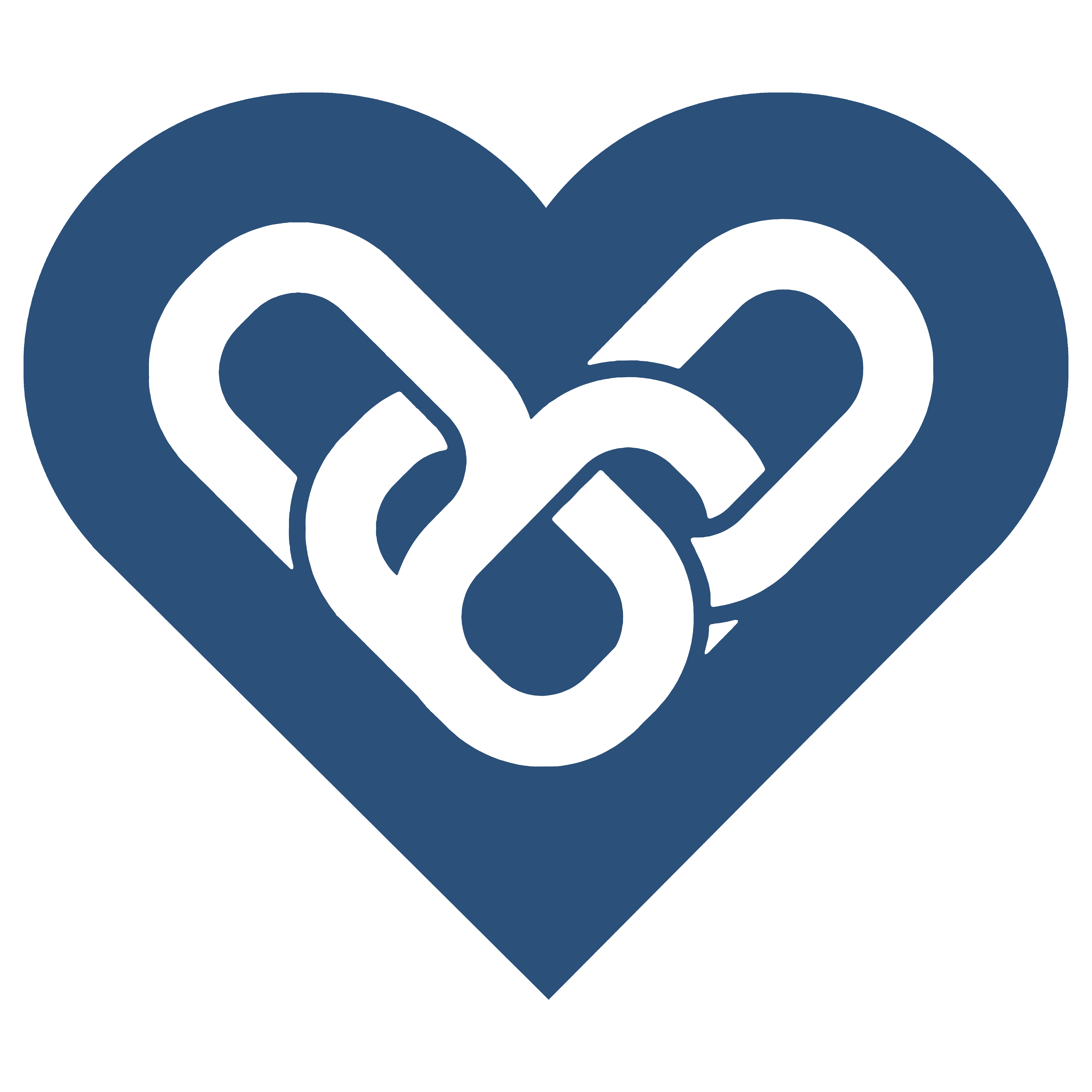 Website:
Website: